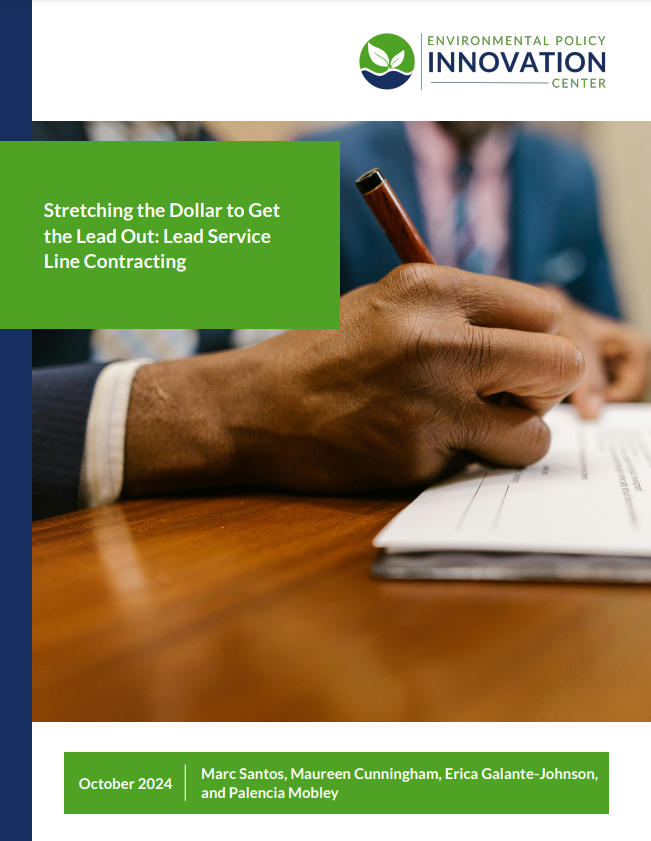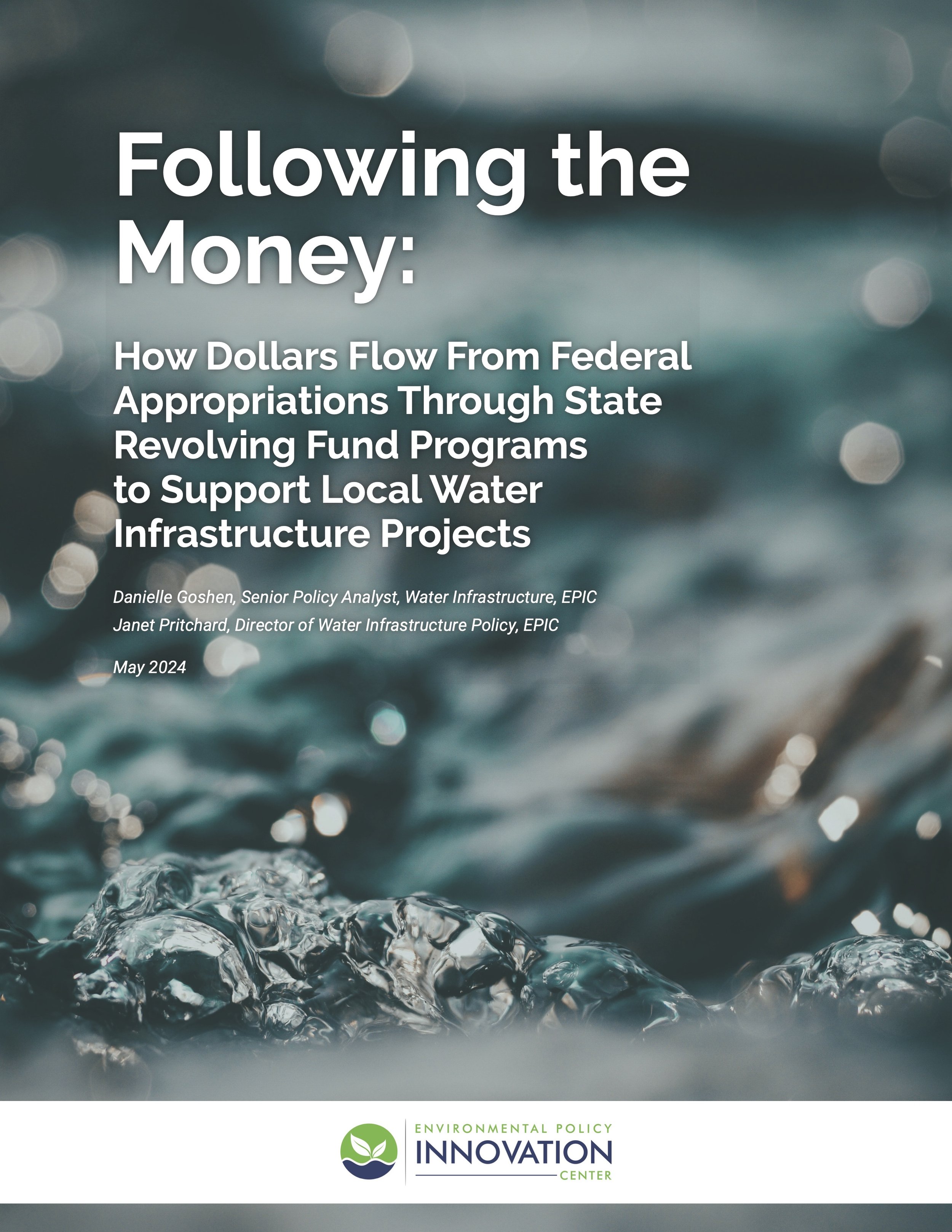Earlier this year, Gabe Watson and EmmaLi Tsai participated in a workshop hosted by Defenders of Wildlife to help researchers create better maps at the intersection of environmental justice and conservation. Decisions from the workshop resulted in this user guide & website, which walks users through a more collaborate and inclusive approach to conservation that considers biodiversity, climate change, and environmental justice. To put the framework and shared principles into practice, the guide also features a case study using the National Wildlife Refuge System to show where future land acquisition should be prioritized.
At the Environmental Policy Innovation Center (EPIC), our goal is to advance ecological restoration at scale, yet permitting costs consume up to ⅓ of project budgets. We need money to go to nature, not paperwork. Over the past two years, EPIC has quantitatively and qualitatively analyzed policies and processes related to restoration project permitting. Here we provide a case study of adoption of e-permitting technology that ameliorated many permitting bottlenecks.
Tim Male, Executive Director of EPIC, co-wrote an article in Ecosystem Marketplace with Mariana Sarmiento and Charles Bedford on how to close the biodiversity finance gap.
How could Maryland legislators build a sandbox for nature to accelerate restoration?
The US Department of Agriculture has contracted at least seven RCPP projects that used performance-based payments to buy environmental outcomes. This report profiles their challenges and successes.
Sand County Foundation and the Environmental Policy Innovation Center evaluate the successes, challenges, and immediate opportunities for watershed partnerships in the Midwest.

A New Era For Water Management: Harnessing GIS Innovations and Collaboration for a Resilient Future

Clean Water and Drinking Water SRF Financial Terms, Conditions, Definitions, and Other Application Information

Stretching the Dollar to Get the Lead Out: Lead Service Line Contracting

A Technical Advisory Toolkit for Lead Service Lines

New $1 Million Great Lakes Water Infrastructure Loan Fund Supporting Improved Water Quality in the Great Lakes Region

Stretching the Dollar to Get the Lead Out: Good Decision-Making and Planning for Lead Service Line Cost Efficiencies

Stretching the Dollar to Get the Lead Out: Advancing Lead Service Line Programs with Low or No-Cost Policies and Practices

Following the Money: How Dollars Flow From Federal Appropriations Through State Revolving Fund Programs to Support Local Water Infrastructure Projects

Midwest Watershed Partnerships: Successes, Challenges, and Immediate Opportunities
Sand County Foundation and the Environmental Policy Innovation Center evaluate the successes, challenges, and immediate opportunities for watershed partnerships in the Midwest.

Progress of Iowa Watershed Partnerships
A report on the progress of nine Iowa cities that have signed memoranda of understanding with the state Department of Natural Resources to establish watershed partnerships.

Establishing a Watershed Partnership
This report describes how to proliferate connections between point and nonpoint sources of nutrients to meet permit requirements and improve water quality.

Improving a Program that Works: Prioritizing New Jersey Water Bank Projects in Disadvantaged Communities
This report, published with New Jersey Future, looks at the New Jersey Water Bank (NJWB), which has provided over $9 billion in low-cost financing for water and wastewater infrastructure projects in the state. The report analyzes NJWB awards (i.e. low interest loans and principal forgiveness) over a 5-year period and also assesses the underlying policies governing how New Jersey defines disadvantaged communities.
The report’s ten recommendations would increase the equity and effectiveness of the NJWB program and ensure that communities with the greatest needs receive adequate assistance.

Navigating Green Infrastructure Maintenance with Capitalized Establishment Costs

Water Systems in Southeastern Pennsylvania Face Challenges in Accessing Public Funds for Infrastructure

JournalAWWA: Raising Consumer Confidence in Water Quality

How water service boundary data advances environmental justice and climate resilience

From the ground up: A guide to replacing the nation’s toxic lead pipes over the next decade

A Fairer Funding Stream

Advancing Equity, Climate Action, and Economic Health in Communities


